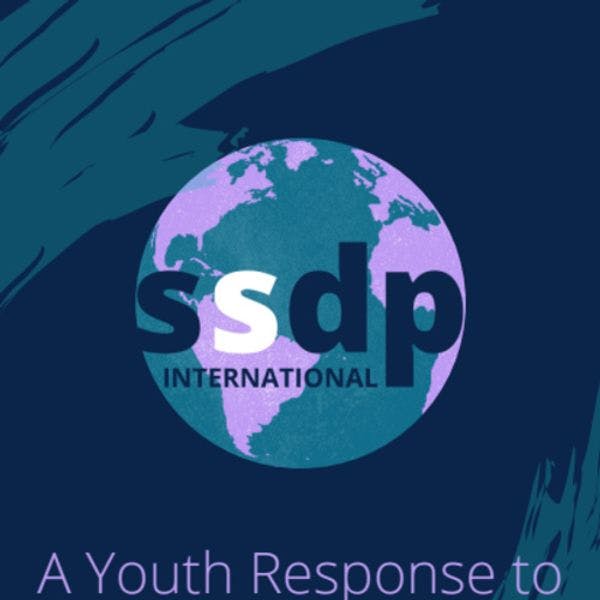Youth Response to the World Drug Report 2021
We would like to commend the United Nations Office on Drugs and Crime on developing the World Drug Report, as it provides both governments and civil society with essential information on global developments in drug cultivation, trafficking and consumption, that in turn could inform future policy decisions. Throughout this response we provide our insights on the report and ways in which it could provide more meaningful data and representation, that could better advise governments, international bodies and civil society moving forward.
We see throughout this report that drug cultivation, trafficking and use have consistently increased over the last 50 years. With consistent increasing rates of drug consumption and drug related death across the globe, it is clear that both drug supply and demand reduction efforts are failing us. We are seeing more potent and purer drugs (particularly cocaine and cannabis) becoming more commonplace. As traditional policies focused on creating a “drug free world” are proven consistently infective, we call for a shift in policies which maximises the health and welfare of all those in society, particularly people who use drugs.
The overall framing of the document as “Drugs cost lives”, though well meaning, is stigmatising and even potentially harmful, given the recent strides made by the international community, particularly towards those vulnerable that are caught in the illicit drug trade. We find it more reflective of our lived realities to assert that the criminalisation and underfunding of life saving harm reduction services, lack of fact based drug education, inefficient mental health services and the lack of access to an unadulterated drug supply is what costs lives. Drugs themselves are not inherently life-threatening, as evidenced by the medical benefits that can be derived from both legal and illegal psychoactive substances, an aspect acknowledged by the UN Commission on Narcotic Drugs and many member states.
“Drugs cost lives” therefore highlights an outdated attitude that fails to account for the recent decisions taken by the international community, overlooking the need for member states to address the funding shortages experienced by harm reduction services, as well as their commitment to upholding the human rights of drug users. In a time when we need attitudes that seek to maximise the health and life quality of society as a whole, but particularly those who are exposed to the drug trade and people who use drugs, youth representatives urge for holistic data and observations to back the commitments and ethos displayed by the United Nations.
